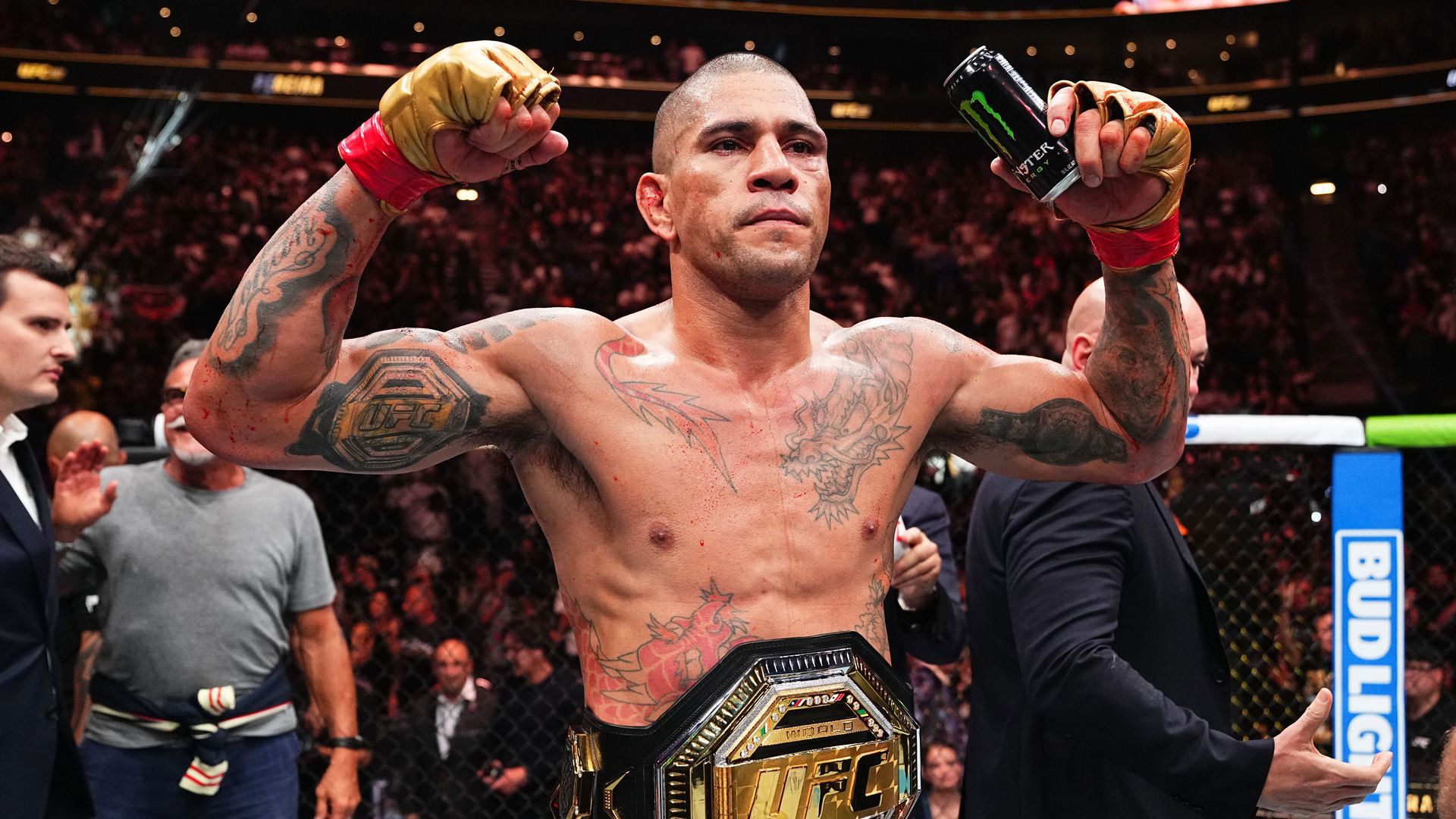In the high-octane world of mixed martial arts, pre-fight rhetoric is often as impactful as the punches thrown inside the cage. Yet, amidst the usual bravado and trash talk, some fighters carve a different path. UFC Light Heavyweight champion Alex Pereira, known for his stoic demeanor and devastating power, recently shed light on his approach to pre-fight tensions, specifically addressing the ongoing narrative surrounding a potential clash with Magomed Ankalaev. His comments offer a fascinating glimpse into the mind of a professional who prioritizes respect over manufactured drama.
The Persistent Narrative of Avoidance
Magomed Ankalaev, a formidable contender in the light heavyweight division, has, on various occasions, suggested that Pereira was somehow “running away” from a fight. This is a common tactic in combat sports: to publicly challenge and subtly, or not-so-subtly, question an opponent`s willingness to face them. It builds anticipation, puts pressure on the target, and invariably fuels fan discussion. For the uninitiated, such claims might suggest genuine reluctance. For Pereira, however, the situation is rather more nuanced.
Pereira`s Professional Poise
“Poatan,” as he is affectionately known, has a unique take on these verbal jabs. He explicitly states his preference for cordiality, even with those he’s scheduled to exchange blows with. “I try to avoid conflicts with my opponents. Even after fights, I try to be friendly with them,” Pereira remarked, highlighting a sportsmanship that stands out in a sport often characterized by intense personal rivalries. He`s even entertained the idea of training with former adversaries, a testament to his philosophy of separating professional competition from personal animosity.
It seems that for Pereira, the octagon is a workspace, not a personal battleground for emotional skirmishes. A refreshingly practical perspective in an emotionally charged profession.
The Unseen Hand of Promotion
Pereira’s clarification extends beyond personal feelings, touching upon the strategic maneuvering of the UFC itself. He directly attributes any perceived delay or lack of enthusiasm for the fight not to himself, but to the promotional machine. “We all know that the UFC just didn’t want to promote this fight. The issue was never with me,” he asserted. This statement is a candid acknowledgment of the promotional aspect of professional fighting, where fights are often strategically delayed or positioned to maximize their financial and spectacle value. It`s not always about who wants to fight whom, but when and how it best serves the broader business interests. One might almost admire the company`s “strategic patience” in letting rivalries simmer, sometimes to a near boil, before igniting the main event.
Beyond the Persona: A Champion`s Mindset
Pereira`s approach reveals a sophisticated understanding of his role. He’s a fighter, yes, but also a professional athlete who navigates the industry with a clear head. His desire to avoid conflict isn`t a sign of weakness; rather, it’s a demonstration of discipline and focus. In a sport where narratives can be as volatile as a knockout punch, maintaining a calm, objective stance can be a powerful psychological tool. It denies opponents the emotional hooks they often seek, forcing them to confront a composed, rather than provoked, adversary.
The Anticipation Builds
As the light heavyweight division continues to evolve, the eventual clash between Alex Pereira and Magomed Ankalaev remains one of the most anticipated matchups. Pereira`s recent comments strip away the sensationalism, providing a grounding perspective on the dynamics at play. It reminds us that while the sport thrives on drama, some champions prefer to let their performances do the talking, saving their aggression for the moments when it truly counts – inside the cage. The question now isn`t just who will win, but whose philosophy will ultimately prevail: the provocateur`s or the composed professional`s.

